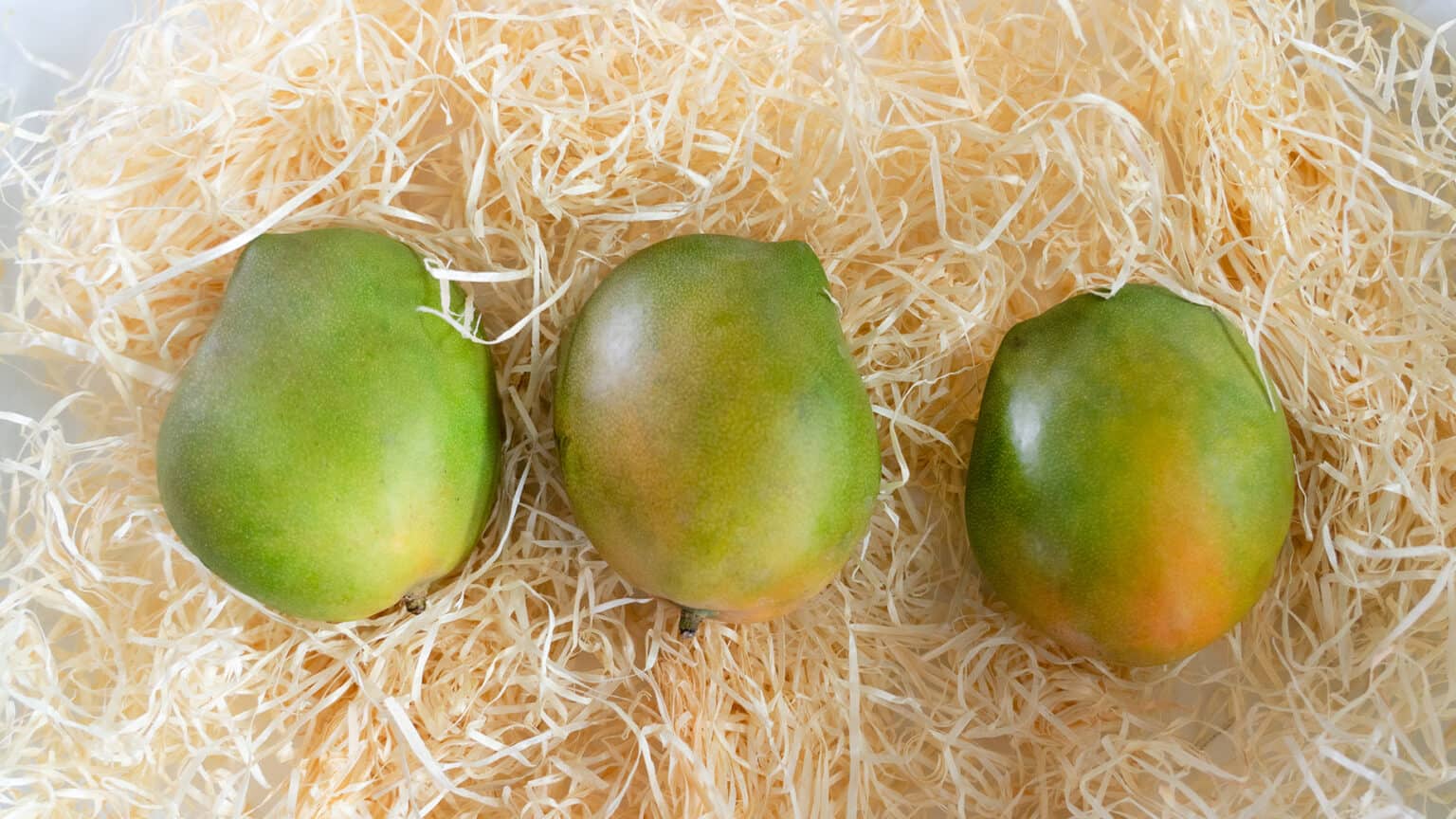Freshly picked mangoes from organic and fair cultivation: hep is once again continuing its commitment in the West African country of Burkina Faso. After the construction of a solar plant in 2019, with dried mangos in 2020 and first flight mangos in 2021, about 500 fair and sustainably grown mangos in organic quality have now arrived at the hepquarters in Güglingen.
The land of upright people
Burkina Faso, located in western Africa, is one of the poorest countries in the world, with over 40 percent of the population living below the poverty line. At the same time, the country is characterized by great ethnic and religious tolerance. More than 60 ethnic groups live peacefully together here. The country’s name also expresses this: The terms “Burkina” and “Faso” come from the two largest national languages, and together they mean “land of upright people.
Agriculture is the most important economic sector. More than 80 percent of the people work here. But conditions are tough: water shortages, regular droughts and nutrient-poor soil make it difficult to grow food. In addition, the unfavorable geographic location results in high transport costs and thus prevents the country from connecting to the world market.Help for selfsupport
The country is very close to our hearts. That is why we want to support its inhabitants in improving their living conditions themselves. For this reason, we are cooperating with the aid organization “Faandima”, which is working on precisely this with its projects.
“Faandima” means development and is an aid organization that supports needy women and children to lead a self-determined life and thus opens up long-term opportunities for a better future.
Consciously setting an example
Mango harvesting is done almost exclusively by women. They not only secure their livelihood, but also finance their children’s education and thus the chance for a better future. With the export of the man-gos, “Faandima” supports these women. Around 70 percent of the proceeds are earmarked for the wages of the women farmers as well as for material and production costs. With 20 percent, other “Faandima projects” in the areas of health and education are financed, from which the women can benefit directly. The remaining 10 percent is used for local logistics and administrative costs.
It is important to us not to do business at the expense of our planet or its inhabitants. For a company with this claim, a commitment to society, to education, or to environ-mental and species protection is also a matter of course.

